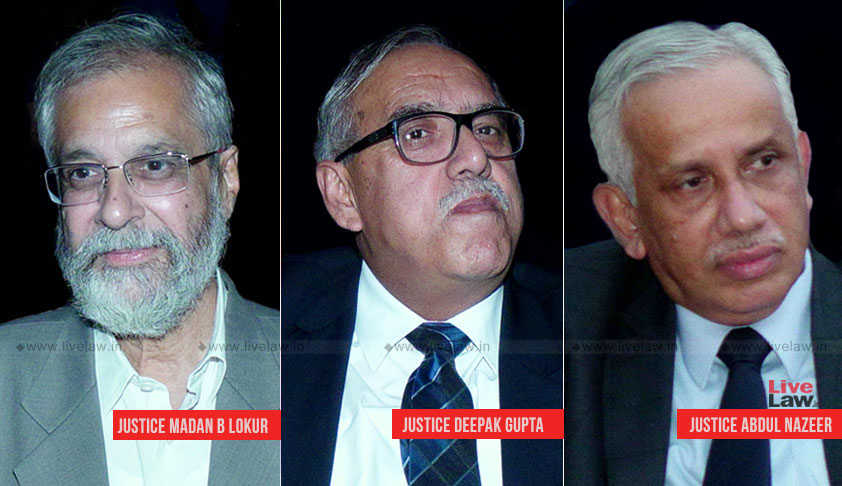In a landmark judgment, the Supreme Court has held that a victim can file an appeal in the High Court against the acquittal without seeking leave to appeal.A three Judge Bench comprising Justice Madan B. Lokur ,Justice S. Abdul Nazeer and Dipak Gupta was considering the following questions;1.Whether a ‘victim’ as defined in the Cr.P.C. has a right of appeal in view of the proviso to...

